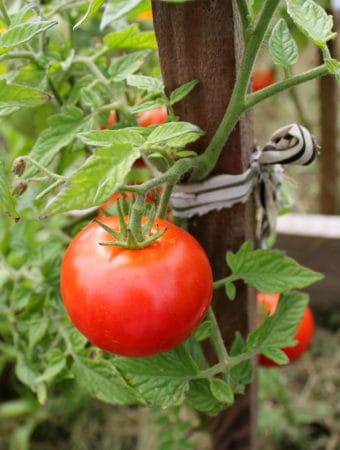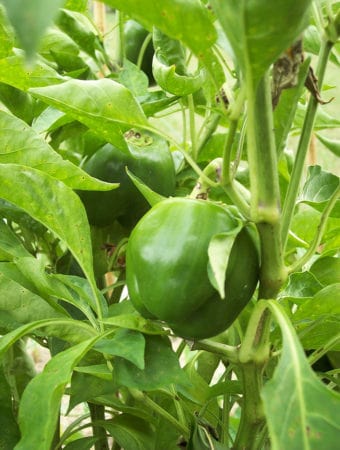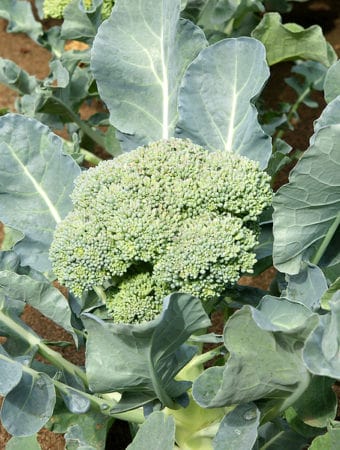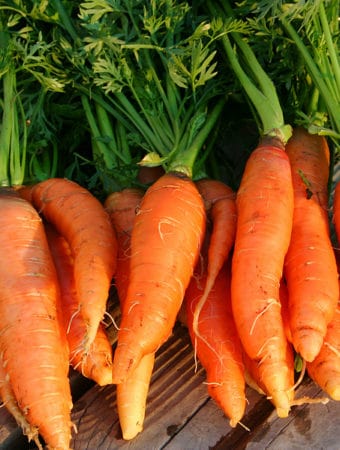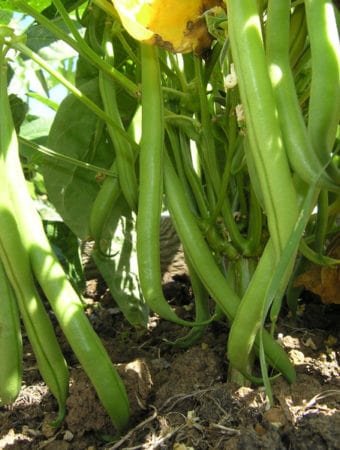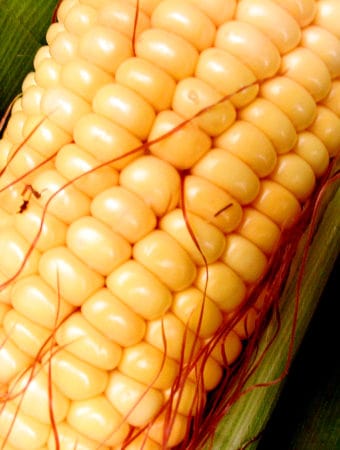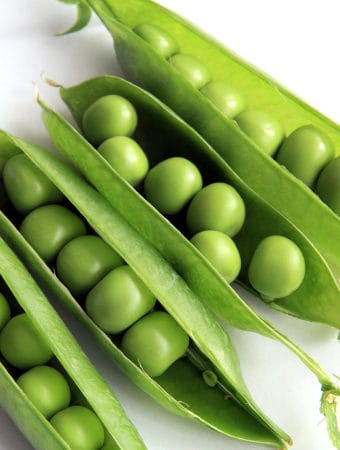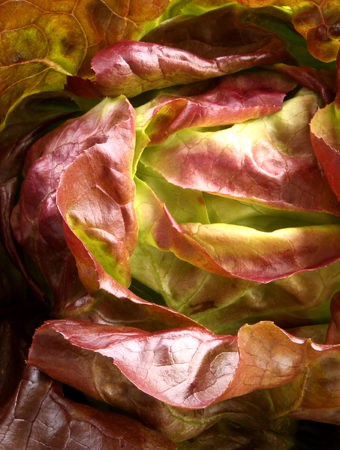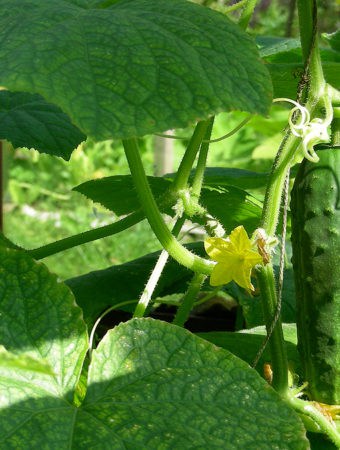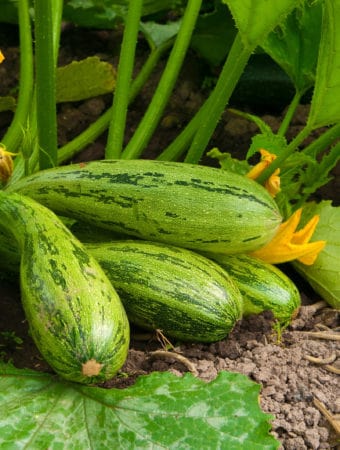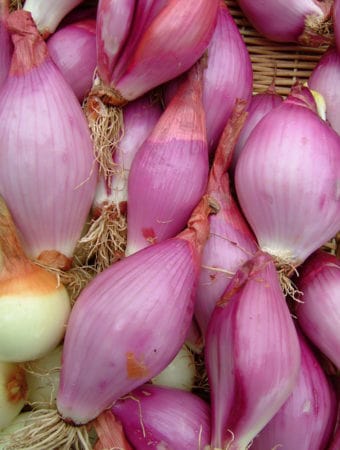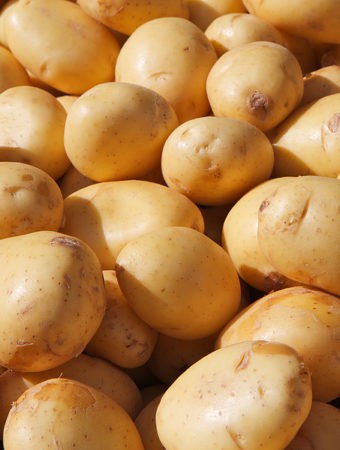Raab is also called broccoli raab. Raab is a vegetable grown for its edible stems, leaves, buds, and flowers. Raab looks like loose-topped broccoli, but it is actually a kind of turnip.
Like broccoli, raab or broccoli raab is harvested when flower stalks have developed buds, but before the buds open. That’s the same as broccoli, but broccoli raab is easier to grow than broccoli.
Raab can be served raw in strips with a sour cream dip. Broccoli raab can be boiled or sauteed in olive oil. The flavor of raab is strong; it is milder when cooked.
The names raab and rapini are often used interchangeably, but some say rapini is a different variety and should be planted only in late summer or early fall to form its flower stems after the winter cold.
If you are buying seeds or starts be sure you look for the botanical name Brassica rapa ruvo.
Yield. Plant two to four plants per person.
Where to plant raab
- Plant in fertile moist well-drained soils in full sun to light shade.
- Enrich the soil by adding 2 inches (5cm) of aged compost and working it under.
- Or dig a trench 6 inches (15cm) deep and 3 to 4 inches (7.5-10cm) wide and fill it with aged compost to 1 inch (2.5cm) below the soil level; add ½ inch (1.25cm) of soil and sow the seeds, then cover with soil to ground level.
Planting and spacing raab
- Plant raab seed ¼ to ½ inch deep.
- Raab seed germinates in about 6 to 9 days.
- Thin raab from 3 to 6 inches apart in wide or single rows. Separate single rows by about 12 inches.
- Thinnings can be transplanted to another spot.
Starting raab seed indoors
- Start seed indoors 4 to 6 weeks before setting transplants in the garden.
Spring planting raab outdoors
- Sow the seed outdoors when the soil is workable and the soil temperature is at least 45℉ (7℃).
- Stop sowing in spring when plants would reach maturity when average daytime temperatures are 85℉ (29℃) or greater; warmer temperatures will cause plants to bolt.
Planting raab for fall harvest
- For fall harvest, start plant raab in mid to late summer.
- Fall is a good time to plant raab to mature in winter or the following spring. (Freezing temperatures can kill raab.)
- Sow seeds for fall harvest 6 to 8 weeks before the first fall frost and sow successive crops until three weeks before the first fall frost; a light frost that touches maturing plants will improve flavors
Planting raab for winter harvest
- In mild-winter regions, plant from late summer through late fall for a fall and winter harvest.
Planting raab for overwintering
- In cold winter regions, you can sow seeds two to three weeks before the first fall frost. When seedlings germinate, cover them with straw mulch. The plants will survive the winter and be ready for a very early spring harvest. Overwintered crops should be planted only in well-drained soil.
- Fall-planted raab for spring harvest should be covered with mulch to protect them in cold winter regions. Harvest fall planted raab before the weather warms in spring; warm temperatures will cause plants to bolt and send up slender flower stems.
Spring planting raab
- Start seed outdoors as soon as the soil can be worked in spring.
- Set transplants in the garden as early as 5 weeks before the last expected spring frost and not much later than 2 weeks after the last spring frost. Keep in mind, warming temperatures will cause raab to bolt and send up slender flower stems.
Succession planting
- For a continuous harvest, space plantings 2 weeks apart.
- When stems are cut, the plant will produce more usable side stems.
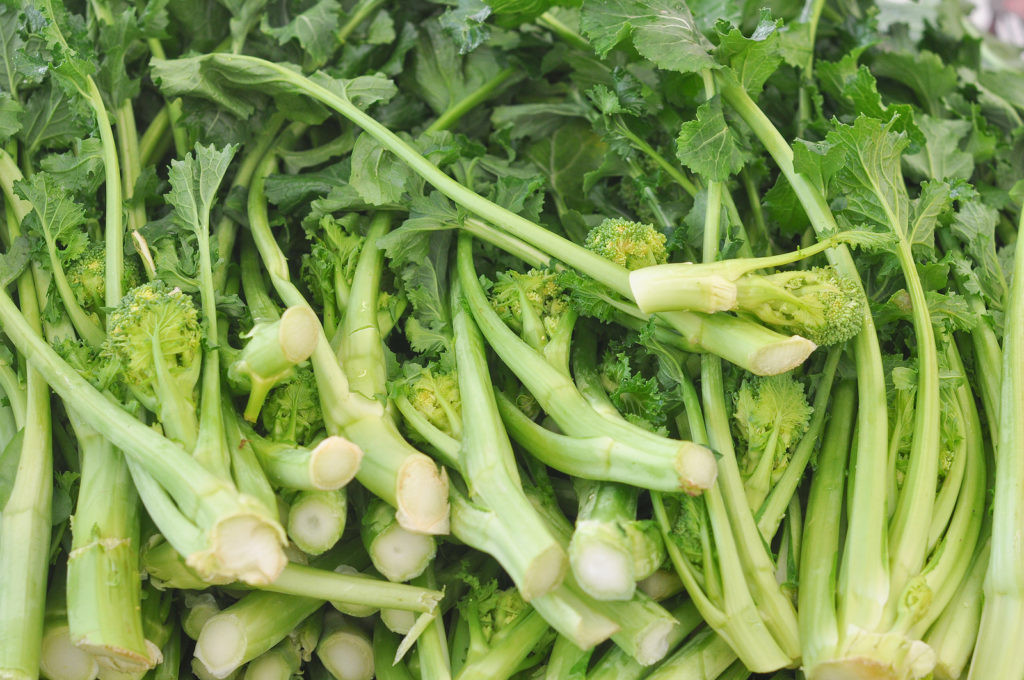
Watering raab
- Keep seedlings evenly moist and continue to water during dry spells.
- Give raab regular water. Keep the soil evenly moist for the best growth.
Feeding raab
- Side-dress raab with plant starter fertilizer or a nitrogen-rich organic fertilizer for a better yield.
Weeding near raab
- Weed around raab to keep down competition. Hand weed or cultivate lightly being careful not to disturb raab roots.
- If raab is not harvested and flowers, it can reseed and become weedy.
Raab pests and diseases
- Aphids, whiteflies, flea beetles, and caterpillars such as cabbage loopers, cutworms, and beet army worms. Slugs and snails may also be a problem.
- Diseases include club root, white rust, leaf spot, and rots such as damping off and bacterial soft rot.
Harvesting and storing raab
- Broccoli raab grows quickly, it can mature in as few as 5 or 6 weeks from seed sowing.
- Start the raab harvest when plants are about 6 to 15 inches tall when flower buds are still unopened.
- Cut raab near the soil level or at the lowest point that the stem is still tender. Usually, the top 6 to 8 inches of stem is cut for kitchen use.
- When the main stem is cut, the plant will produce more usable side shoots.
- While the weather is still cool in spring, or in cool autumn weather, raab can be harvested two or three times.
- When the main stem is harvested, the plant will send out side shoots for a second and sometimes even a third cutting.
- Place unwashed shoots in a plastic bag. They will keep fresh in the refrigerator for up to three days.
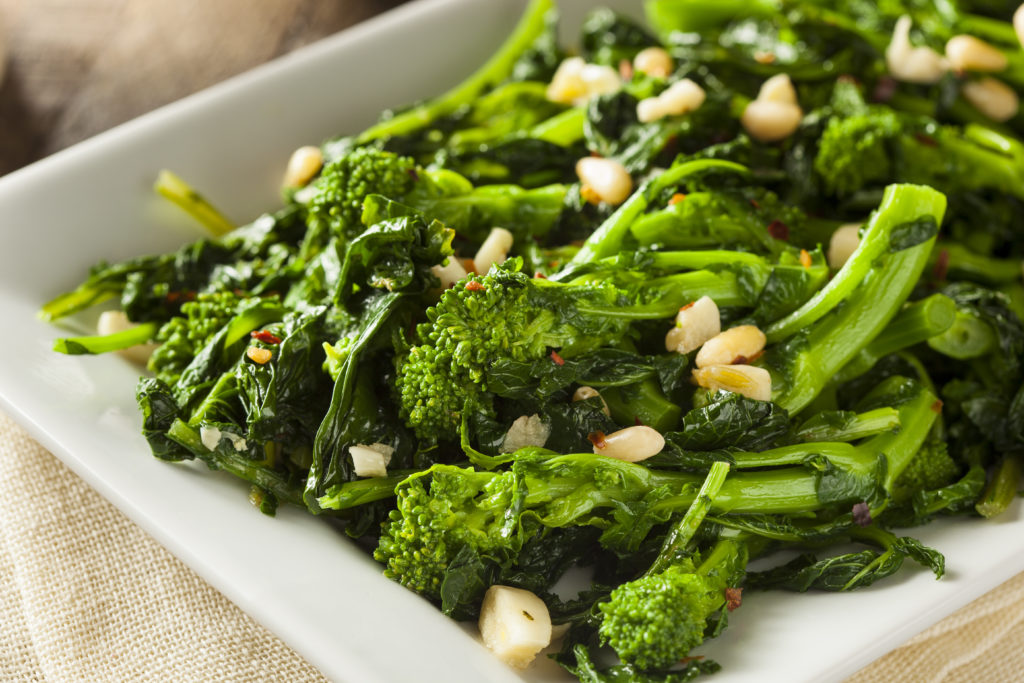
Raab kitchen use
- Leaves, stems, and buds can be boiled briefly then sauteed with garlic in olive oil; add a bit of salt, pepper, and lemon juice before serving.
- Blanch the shoots before stir-frying for a more mellow flavor.
Raab varieties to grow
- ‘Sessantina Grossa’. Thick, tender shoots; good for fall crop or to overwinter. 35 days from seed.
- ‘Spring Raab’. Bolt resistant, best for spring planting and harvest; 42 days from seed.
- ‘Zamboni’. Uniform plant with small leaves.
Common name: Broccoli raab, raab, rapini
Botanical name. Brassica rapa ruvo.
Broccoli articles at Harvest to Table:
How to Plant and Grow Broccoli
How to Harvest and Store Broccoli
Broccoli Growing Problems: Troubleshooting
Seven Ways to Cook and Serve Broccoli
Four Ways to Cook and Serve Broccoli Raab
Articles of interest:
Best Herbs for Container Growing
Garden Planning Books at Amazon:
- Vegetable Garden Almanac & Planner
- Kitchen Garden Grower’s Guide Vegetable Encyclopedia
- Vegetable Garden Grower’s Guide
- Tomato Grower’s Answer Book


